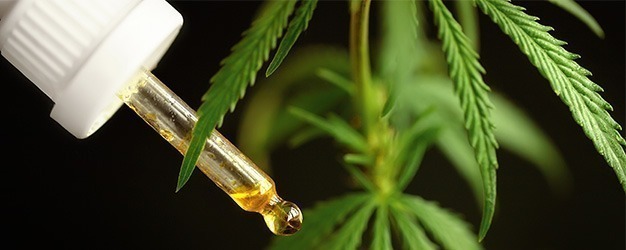Insights > Client Alerts
Client Alerts
New Regulation Stimulates Investments In Enviromental, Social, And Corporate Governance (ESG)
June 11th, 2020

Last Friday, June 5, the Brazilian Executive Branch issued Decree No. 10,387 (“New Decree“), which changes the wording of Decree No. 8,874, of October 11, 2016 (“Decree 8,874“), which regulates the raising of funds, with tax incentives, through the securities described in Law No. 12,431, of June 24, 2011, as amended.
The New Decree includes, by means of a third item in its Article 2, with priority designation, projects that provide relevant environmental or social benefits in specific urban mobility, energy and basic sanitation projects (sectors provided for in Decree 8,874), as described below.
The difference, in relation to the regulation in force, is the emphasis on these specific projects and the framework regime assigned to them.
The objective is, as can be seen, to stimulate investments in Environmental, Social and Corporate Governance (ESG).
Projects provided for
1. Urban mobility (defined as low carbon non-motorized public transport and public transport systems)
The following projects are provided for:
(i) urban rail transport systems: monorails, subways, urban trains and fast track vehicles (Veículos Rápidos sobre Trilhos – VLT);
(ii) purchase of electric buses, including by fuel cell, and biofuel or biogas hybrids, for the transportation system; and
(iii) implementation of Bus Rapid Transit (BRT) infrastructure.
The urban mobility sector will be a priority in the coming decades, considering the recognized logistical challenges that large urban centers are experiencing. The change in regulation is positive, since it aims to attract private capital in a sector that demands significant investments for its development.
2. Energy
The following projects are provided for:
(i) renewable technologies for solar, wind and waste energy generation; and
(ii) small hydroelectric plants with a minimum power density of 4W/m² (four watts per square meter) of flooded area.
In the energy sector, from the express authorization for solar, wind, waste and small hydroelectric power generation projects to issue “green bonds”, the expectation is that the Ministry of Mines and Energy (“MME”) will regulate the matter authorizing that projects that previously did not enjoy this prerogative can now make use of the benefit, such as Distributed Generation (DG) projects.
This legislative innovation comes at a good time, since the MME estimates that over the next ten (10) years, more than 25GW in new wind power plants, more than 8GW in new photovoltaic plants and more than 3GW in new SHP projects will be implemented in the country, which may attract investments of BRL 170 billion by 2029.
Therefore, for the energy sector, the New Decree is a very positive sign, especially given that this type of resource has been increasingly used in the sector, which was the main issuer of infrastructure debentures in 2019, at a value of BRL 27.2 billion.
3. Basic sanitation
The following projects are provided for:
(i) water supply;
(ii) sanitary sewage;
(iii) rainwater management and urban drainage; and
(iv) solid urban waste management.
The sanitation sector is going through significant changes, especially with the processing of its new regulatory framework (PL 4,162/2019). With the edition of the new rule, the sector is expected to undergo changes, attracting private investments, especially through the privatization of state and municipal sanitation companies.
This privatization movement is also showing a trend, with projects approved under the PPI – Investment Partnership Program. These are the services under the responsibility of the State Water and Sewage Company of Rio de Janeiro (CEDAE), the State Water and Sewage Company of Rondônia (CAERD) and the State Sanitation Company of Pará (COSANPA).
4. Projects carried out in “subnormal agglomerates” (special interest zones) or isolated urban areas, as they are considered to be of social benefit, according to the definition established by the Brazilian Institute of Geography and Statistics (IBGE).
These are projects that, in order to be eligible, must be developed in the sectors indicated in Decree 8,874. In other words, the project will be eligible, in accordance with the regulations to be edited, if it is developed in subnormal agglomerates or isolated urban areas, in the sectors of logistics and transport, urban mobility, energy, telecommunications, broadcasting, basic sanitation and irrigation.
Regulation
The New Decree delegated powers to the Ministries to establish simplified procedures aimed at verifying the institutional requirements of the project holder and of the legal entity responsible for implementing the project, as the case may be, and the manner of monitoring the stages of each project.
In this way, the expectation, as of the edition of the New Decree, is the regulation by each Ministry to provide for the framing of each project more quickly or even automatically (as occurs, for example, with PPI projects).
*******
To access the full text of Decree 8,874, as amended by the New Decree, please refer to Decree – Regulation of Law No. 12.431.
Demarest’s Capital Markets, Infrastructure and Energy practices are available to clarify any issues related to structuring operations, regulation and fund raising.














